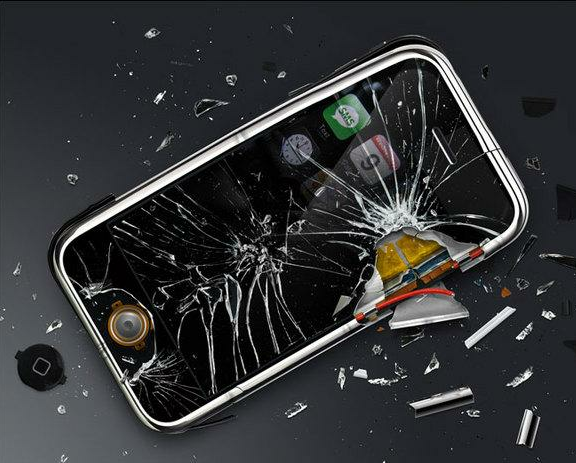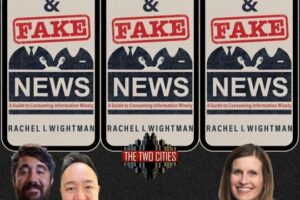The Industrial Revolution changed the world. It made possible much of the wealth and prosperity that would have otherwise remained elusive. But now, it also is destroying the environment and dehumanizing laborers. The good of the Industrial Revolution obscured the bad. The consequences, though they could have been predicted (and maybe were by some) remained unforeseen by the majority.
About six month ago I lost my iPhone. I dropped it from my third story balcony, watched it plummet to the concrete driveway and shatter into a thousand pieces, each flying in a different direction. It was disheartening to say the least.
This was because it was my lifeline to the Information Age. I had the answer to everything in my pocket. Six months later I still get mad when I can’t remember a date, name, or fact and have no way of accessing it. It’s like I’m drowning in my own brain, reaching up and grasping at the surface just to get some informational air. But, the longer I have spent only having temporary contact with the Internet has actually made certain parts of my thinking sharper.
It may seem counter intuitive, but the infinite wealth of knowledge at our fingertips can have an adverse effect on our intelligence. I don’t store facts in my brain the way I use to. I don’t form my own opinions about what I read without browsing through hundreds of others. I fail to make connections between pieces of information because someone else has already done it for me. This is the prison that the information age can easily become. A prison which I have been only slightly liberated from through the loss of my iPhone. I have to store facts in my head again.
My thinking gets weaker when my brain doesn’t have to work. A great example is Google Translate. There are far too many students that rely on Google Translate to get through their second language. Instead of slowly and painstakingly working through the material themselves – allowing for mistakes because they refuse to look anything up the first time – students just drop the sentences into the translator and write whatever pops out. Maybe this doesn’t work all of the time, but it is an alarming habit and a great example of how the information age has hurt human intelligence.
How about GPS attached to every automobile? I drive around the streets of LA a lot for my job. A job that I only got after I broke my iPhone. At first, it was brutal. I got lost too often to casually admit. But after having to rely on my memory of streets that I had driven down before, and make connection in my mind pertaining to which streets will intersect, I have become better at navigating. I can test out new routes. I can alter my course without the aid of a navigation program.
Just like the Industrial Revolution, the Information Revolution has changed the world for the better. I can read anything, watch anything, download anything, and contact any person with little more than the will to do so. This is, for the most part a good thing. But I fear that there is an impending downside to freedom of information that, if left unchecked and unchallenged, can begin to unravel this and all subsequent generation’s effectiveness as thinkers, communicators, and innovators. There are, I believe, and unforeseen consequences.
Ladders are only used when necessary. I get the sense that information technology is used like a bunch of basketball players carrying around ladders to dunk. They don’t need them. And eventually, if they never practice without the ladder, they’ll lose the ability altogether. I need to continue to force my own brain to do the heavy lifting and only use these new tools when I have tried everything else.
A muscle doesn’t get any stronger unless you use it.





5 Comments
Leave your reply.